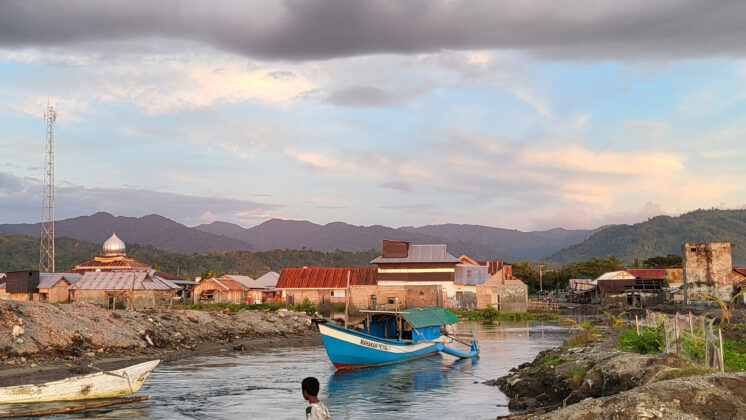The Nairobi slum where 12-year-old Priscilla grew up abuts one of Africa's largest dumpsites. Now her blood is charged with lead, as electronic waste from the world over piles up unchecked. "Every time the dump spews a large cloud of smoke, I start coughing," says Priscilla, whose Saint John school in Korogocho slum is often shrouded in a cloud of thick noxious fumes. Her blood lead level is 19.9 microgrammes per decilitre, twice the international norm. Dandora is far and away the largest refuse dump in the 4.5-million-strong Kenyan capital, and with 2,000 tons of fresh waste every day, it also holds the dubious distinction of being a member of the "dirty 30" club of the world's most polluted sites. Read more...
related content
Historic strike at SAMSUNG
The largest union at Samsung Electronics has launched an indefinite strike following failed negotiations over pay and working conditions. Initially planned as a three-day strike by 6,500 workers, it has expanded as management remained silent….
Case Study | Critical Minerals, Critical Conditions: The Struggle of Nickel Mine Workers in Indonesia
The global mining sector, particularly in mineral mining, is pivotal amidst the push for sustainable energy. Essential minerals like copper, lithium, and nickel are crucial for achieving net-zero emissions by 2050, necessitating substantial mining investments…
Chain of Consequences: How Chinese Workers Pay for Supply Chain De-risking
SOMO and the China Labour Bulletin have released a report titled ‘Chain of Consequences: How Chinese Workers Pay for Supply Chain De-risking.’ The report details how apparel and electronics brands are relocating production away from…
Justice for Aricell Workers
The Asian Network for the Rights of Occupational and Environmental Victims (ANROEV) condemns the gross negligence and violations of Occupational Safety and Health (OSH) rights that resulted in the tragic death of 23 workers in…
GoodElectronics’s input for the Special Rapporteur: Gender and Toxic
UN Global E-waste Monitor 2024 report
The 2024 UN Global E-waste Monitor report reveals, among its findings, that over a billion pounds of electronic waste, containing dangerous substances like mercury and lead, are illicitly shipped annually, predominantly from wealthier to poorer…
India’s iPhone factory is keeping women workers isolated
This long read by Johanna Deeksha shows how in India’s iPhone factory, women workers are isolated through restrictive housing in hostels, raising concerns about their working conditions. Managed by Foxconn in Tamil Nadu, this practice…
Biomonitoring in electronics facilities in Indonesia reveals workers’ exposure to chemicals
A participatory study conducted in Batam, Indonesia used biological monitoring to evaluate the extent of chemical exposure among workers in the electronics manufacturing industry. Urine samples were collected from workers both before and after their…
IndustriAll Europe and IndustriALL Global Union denounce due diligence setback
29 February, 2024 – On behalf of the 50 million workers they represent in 140 countries, industriAll Europe and IndustriALL Global Union denounce the unacceptable political setback as EU several Member States fail to live…











